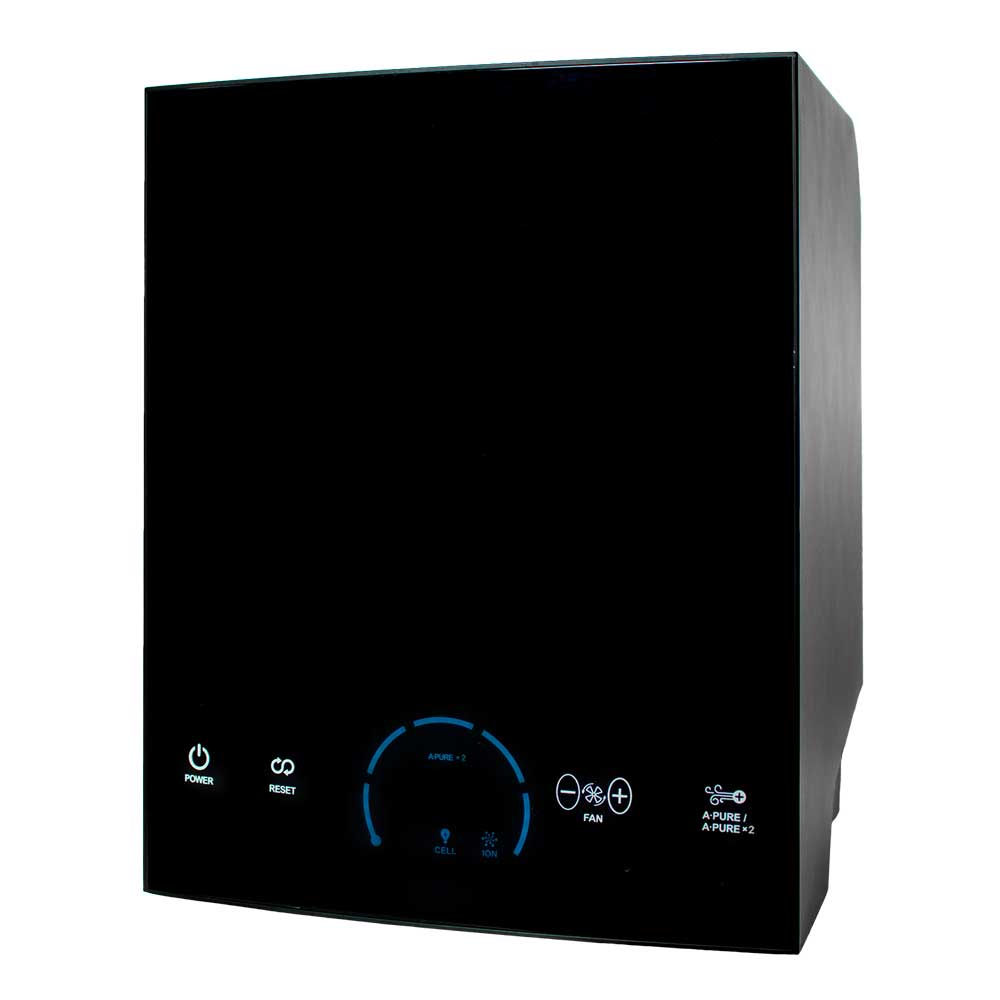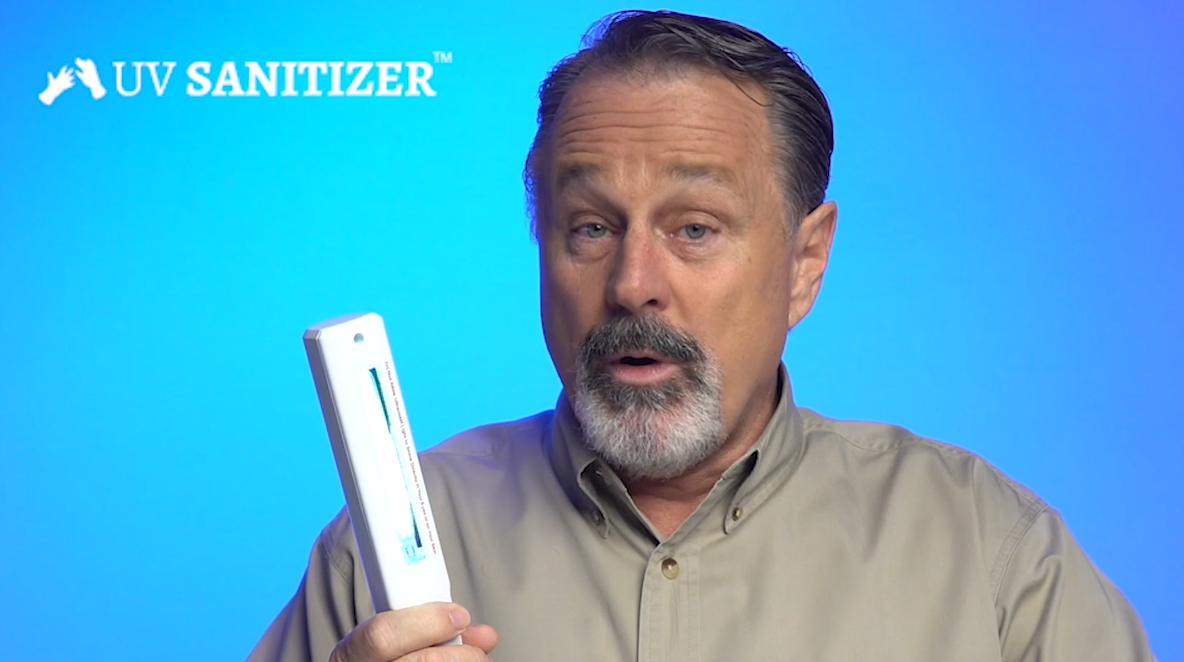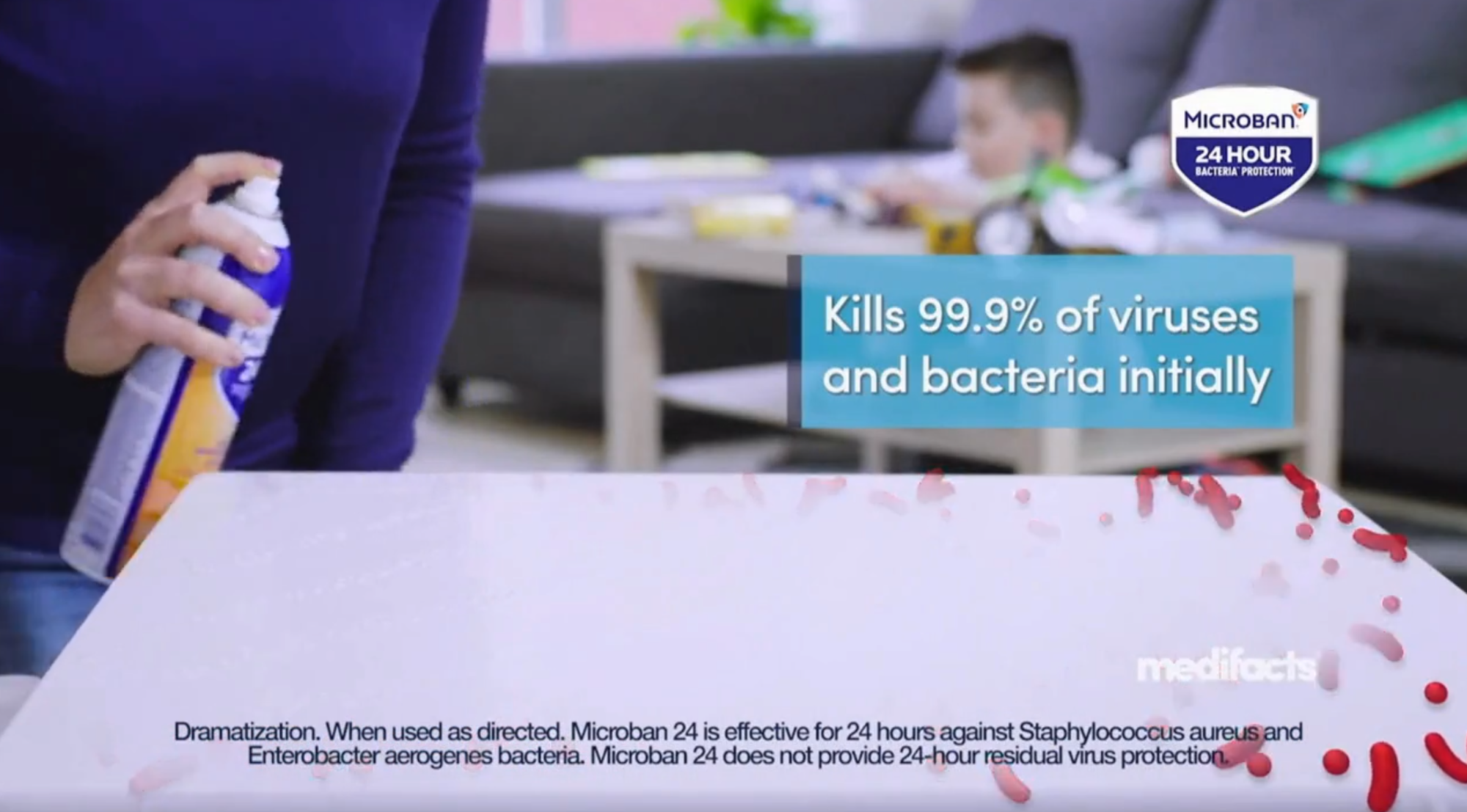
ActivePure Technology Air Purifiers
Products’ purported efficacy against COVID-19 reflects results from lab studies, not real-world studies. There’s a big difference.
Weighted blankets are now a thing. But where's the science behind some of these products' claims?
Now that weighted blankets have gone mainstream, marketing claims about the health benefits of the products are coming under greater scrutiny.
Weighting Comforts no longer claims that its weighted blankets help consumers “battling symptoms” of anxiety, insomnia, PTSD, restless leg syndrome and depression. But the Nashville, Tennessee-based company still says on its website that its blankets “provide comfort for people suffering from sleeplessness and anxiety,” which may or may not be appropriate in light of a recent decision by the National Advertising Division (NAD).
NAD found that while Weighting Comforts could substantiate claims that its blankets may improve sleep quality, the company could not back up claims that its weighted blankets reduce anxiety.
NAD poked holes in a study that Weighting Comforts offered up in support of its anxiety-reduction claims that tested individuals with low to no anxiety, which NAD dubbed a “non-representative test population.” That was just one of a number of “fatal flaws” that NAD said rendered the Mullen Study unreliable. Others included the fact that subjects were tested after using a weighted blanket for only five minutes and members of the control group used no blanket whatsoever, weighted or non-weighted.
NAD recommended that the anxiety-reduction claims at issue be discontinued and Weighting Comforts agreed to comply with the decision. But what else is a claim to provide comfort for people suffering from anxiety than a claim to reduce anxiety? Oh, and the company still features this image atop its Facebook page:
Find more of our coverage on sleep here.
Our Ad Alerts are not just about false and deceptive marketing issues, but may also be about ads that, although not necessarily deceptive, should be viewed with caution. Ad Alerts can also be about single issues and may not include a comprehensive list of all marketing issues relating to the brand discussed.
Products’ purported efficacy against COVID-19 reflects results from lab studies, not real-world studies. There’s a big difference.
When it comes to UV devices and COVID-19, there is no magic wand.
Sanitizing spray does not provide 24-hour protection against viruses, despite what its TV commercial may make you think.

